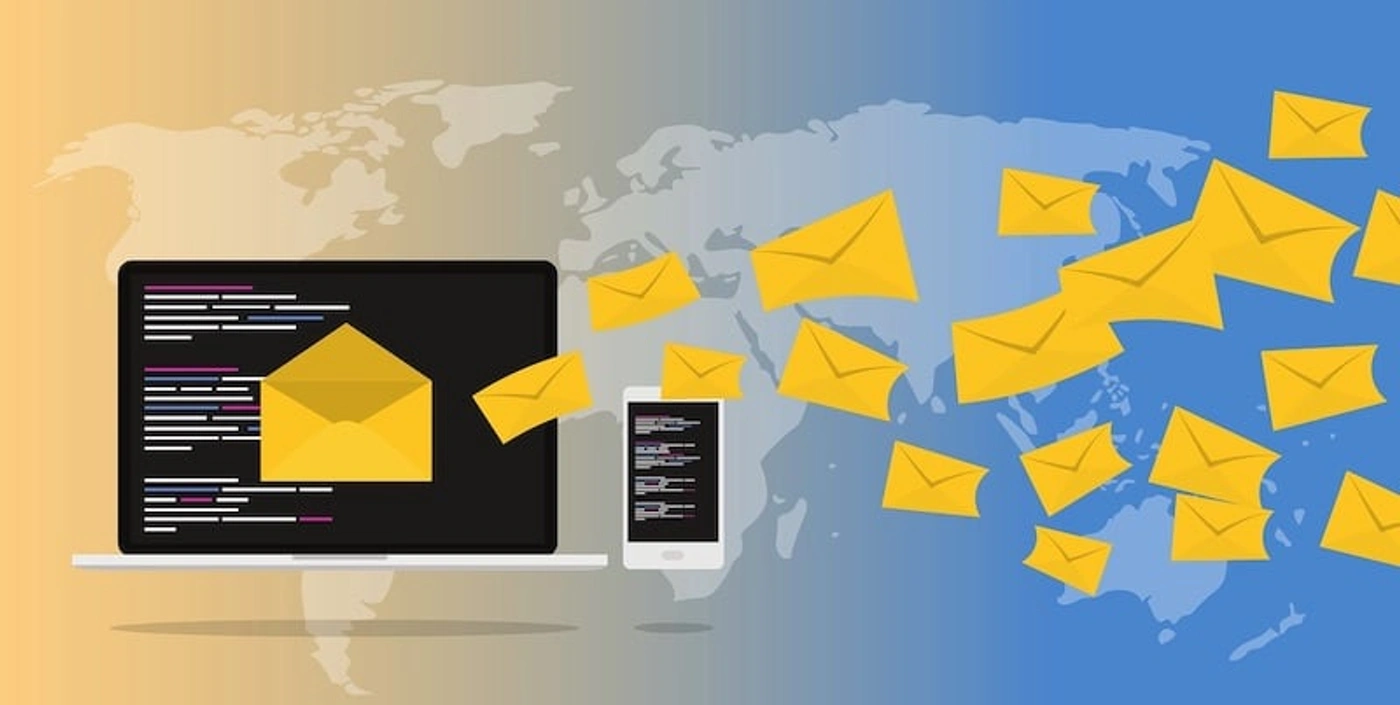Digital pollution: how to reduce your environmental footprint on the web

Did you know that our online presence on the web pollutes as soon as we have an online account, an email address or use a cloud? Digital pollution is higher than that of air transport. According to The Shift Project's 2018 report for digital sobriety, the weight of digital and air transport was equivalent until 2017, but since then, the gap has continued to widen. So what can we do as a consumer to lighten our environmental footprint on the web?
Keep your devices longer
Our connected devices have an environmental footprint that starts on the first day they are manufactured. This is where it is most massive. The device that pollutes the least is the one that we don't need to produce.
In concrete terms, what pollutes the most is the construction of equipment: computers, smartphones, tablets. There are 4 billion people who use the internet in the world and they are all equipped with multiple devices.
"In the digital world, there is the energy that we use to use them, but above all there is the energy to manufacture them, typically, for a smartphone, 90% of the carbon bill is spent the moment we open the smartphone. Then, charging it for 2 to 3 years is only 10% of the CO2 bill. For digital objects, the manufacturing stage is extremely significant. »
Xavier Verne, member of the think-tank The Shift Project
You have to make sure you keep your devices as long as possible, so that you don't have to buy new ones every two years.
If you need to buy them, turn to the refurbishment market such as Back market, Smaaart, E-recycle, etc. These refurbished companies reset the appliances, clean them and repack them. In this way, you will be doing something for the planet and for your wallet. These products are considerably cheaper.
Clean your mailbox
Our data is stored in so-called data centers, which are very energy-intensive and emit greenhouse gases. A data center is a large room made up of giant computers that runs 24/7. In order to function properly, they need to be cooled down so they don't get damaged. This consumes a lot of electricity, so a 1 MB email sent produces 19 grams of CO2 and even more if it is not deleted. Whatever you leave online it has an impact.
Especially since your data is never stored in a single data center but in several. This way, if one of them encounters an incident, no data will be lost.
This way, remember to empty your inbox of emails you no longer need. Delete spam and unsubscribe from newsletters. You can use the CleanFox app, which allows you to delete all unnecessary emails and automatically unsubscribe from newsletters that no longer interest you.
Finally, you must make sure to empty your trash or the data will not be really erased.
Limit the use of CLOUD
For the storage of your data and documents, the cloud is very practical. They allow them to be retrieved anywhere through the internet. However, storing on the cloud requires more power, as it results in back and forth between the user and the servers.
It is possible to do without it or to reduce its impact. To limit your digital pollution, think about sorting what is on your cloud, as you do with emails.
Today, everyone with smartphones has their photos duplicated on Icloud, Google Photos, Onedrive, and the result is the same photo 20 times. Remember to clean these photos and save them on your devices to limit digital pollution. Similarly, there is no point in keeping old files from several years ago that you no longer open. To stop cloud use altogether, use removable media such as hard drives and USB flash drives. Make copies in multiple places so you never lose your data.
If you really need to use the cloud, it's possible to sign up for subscriptions with companies that use green energy for their data center. They balance their CO2 emissions by planting trees.
Discover our positive impact companies
Meet My Job is the 1st Belgian recruitment platform dedicated to sustainable development. So, what are you waiting for? Find your dream job/internship in sustainability here !